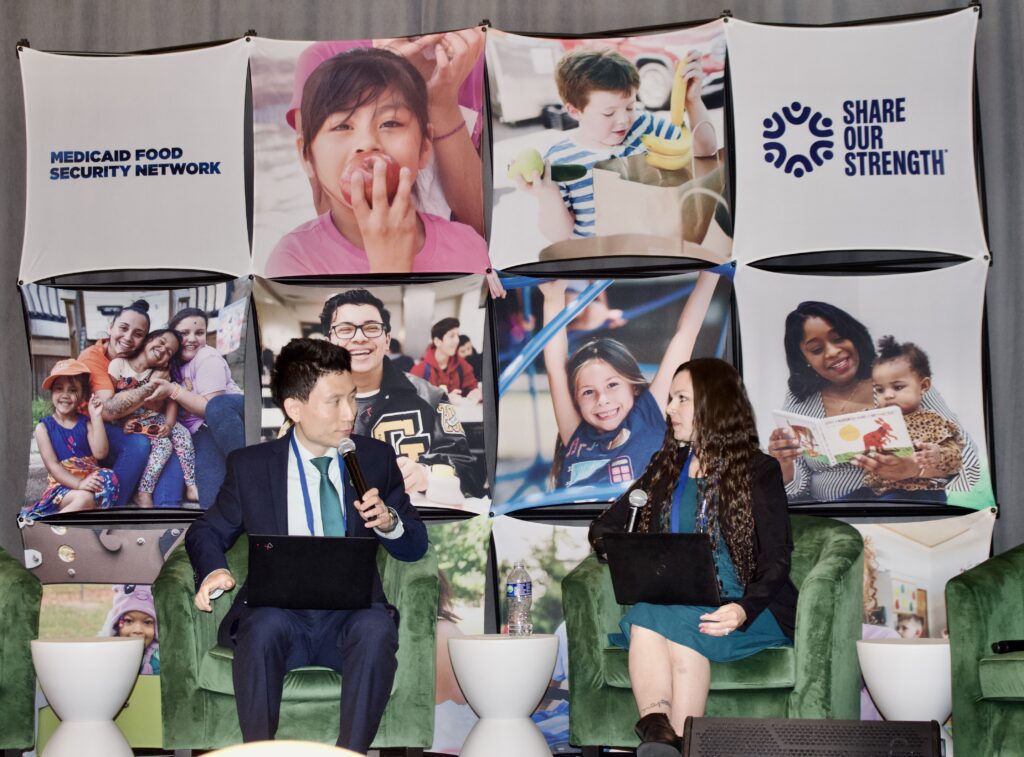
Last Sunday’s celebration of the third annual World Malaria Day was met with great optimism about the progress made in reducing deaths from malaria through insecticide treated bed nets and other measures. The number of African households with least one bed net increased from 17% to 31% between 2006 and 2008, and 9 of 45 malaria endemic countries have seen a 50% drop in cases.
But on Friday the Wall Street Journal led into the weekend with a cautionary tale in the form of a lengthy front page story, not about the newly energized global effort to eradicate malaria, but instead about the decades long struggle to conquer polio and the setbacks that world health organizations and Bill Gates have encountered in their strategy of massive vaccination campaigns.
The lessons they’ve learned, described below, may be invaluable to how we think about not only eradicating polio and malaria, but of ending hunger too.
The Journal article documented new polio outbreaks in a number of African countries – Uganda, Mali, Ghana, Kenya – that had been believed to have stopped the disease. Over the past two decades $8.2 billion has been spent to kill off polio, just as smallpox was eradicated in 1979. Bill Gates spent $700 million of his own on this over the past few years. Success seemed close. 350,000 cases of polio in 1988 decreased to under a thousand by the year 2000. But last year, new outbreaks brought the total back to 1600 cases. It was found that once polio was ended in some countries, weak health care systems, bad sanitation, and malnutrition, let it return.
The Journal framed the issue this way: “one of the most controversial debates in global health: is humanity better served by waging wars on individual disease like polio? Or is it better to pursue a broader set of health goals simultaneously – improving hygiene, expanding immunizations, providing clean drinking water – that don’t eliminate any one disease, but might improve the overall health of people in developing countries?”
Big donors usually prefer the “vertical” strategy of fighting individual diseases. The broader “horizontal” strategy is less specifically defined and might take many years longer with no fixed deadline. This week the Gates Foundation and allied organizations will announce a revamped plan that represents a major rethinking of strategy, “acknowledging that disease specific wars can succeed only if they also strengthen the overall health systems in poor countries.”
Bill Gates has an impressive track record of matching his big bank account with big ideas. But even he suffered a failure of imagination when it came to fighting polio. The enormous financial commitment made to the disease specific approach must have seemed like a leap of imagination in and of itself, perhaps the bolder course in the either/or choice described above. But bolder still is the now apparent need to do both, notwithstanding the pressure it creates on resources, focus, and ability to measure and celebrate results.
Our efforts to end childhood hunger will eventually face the same challenge. In the short-term there are many achievable victories to be had in closing the gap between those eligible but not enrolled in food and nutrition programs. But in the long term the best way to ensure that families have reliable access to nutritious food is to also tackle the related issues of education, economic opportunity, health care, etc.
Hunger no more exists in a silo of its own than does polio. Eventually the entire socio-economic ecosystem that causes it must also be addressed.
No one organization will ever be well enough resourced, or wise enough, to do all of that on its own. And so humility paves the path to collaboration. It’s another lesson worth remembering by the Gates Foundation, and all of us.


